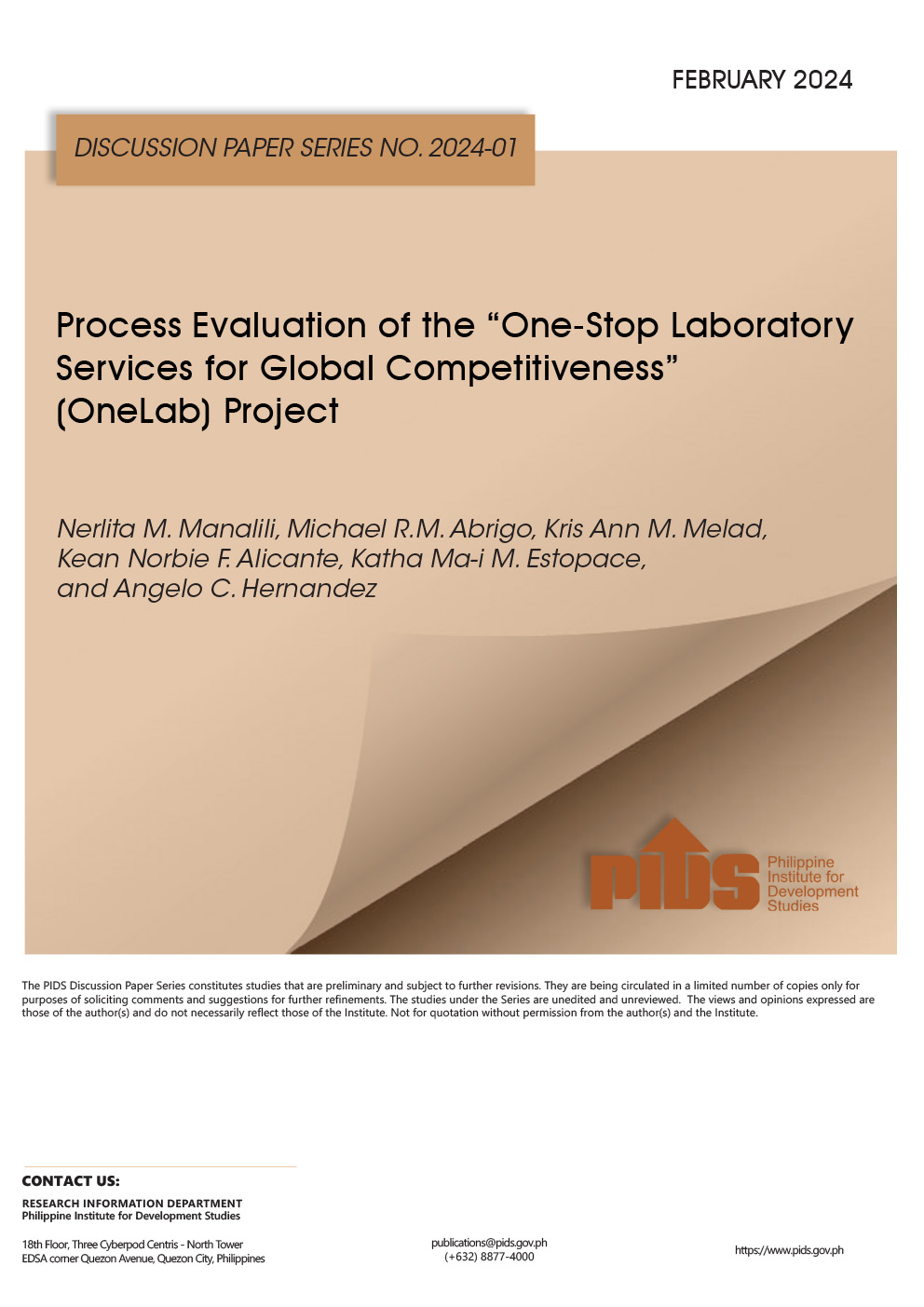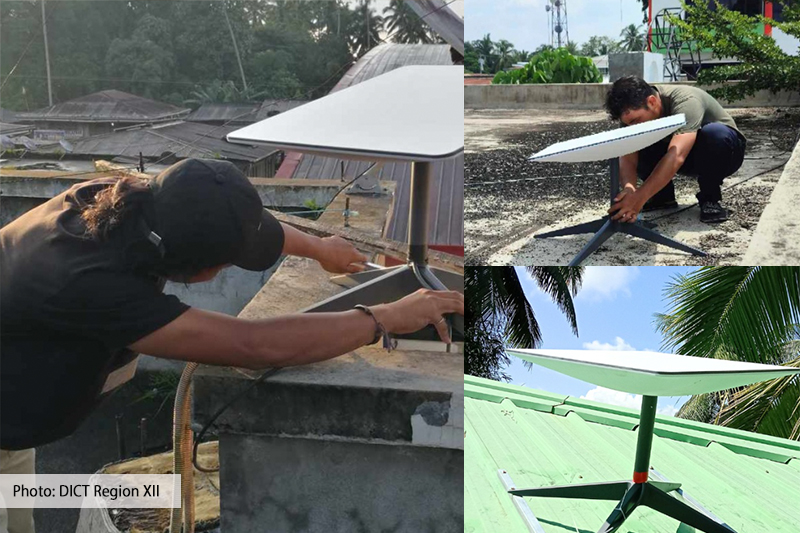QBO Innovation Hub and Ideaspace executive director Katrina Chan emphasized this during a recent webinar titled “Cross-Border Regulatory Issues in Philippine Digital Platforms” organized by state think tank Philippine Institute for Development Studies (PIDS).
Chan, a discussant at the webinar, said the country has a huge potential in creating technology startups “largely because of the domestic market”.
Also, the Philippines has available talents and is considered one of the largest English-speaking countries, which are advantageous for Filipino workers in a broader ecosystem.
Although these startups “can pivot and respond quickly” amid the pandemic, she said they still need government intervention to withstand the impacts of the crisis.
“The startup industry isn’t immune to the Covid-19 pandemic, it’s been badly affected as well…This is something that we should pay attention to. We don’t have a huge base of tech startups to begin with, and we really need to provide them with immediate support,” Chan pointed out.
She also cited major challenges that beset tech startup founders in the country. These include issues on raising sufficient capital, regulatory requirements, general economic conditions, and talent retention.
According to Chan, there is a need to revisit policies and regulations for tech startup firms and make them “simple, tangible, accessible, and hassle-free”.
She added that the government should remove barriers to attract foreign investments. “As long as they create jobs, develop talents, and pay taxes, we shouldn’t be averse to foreign investors. They can be a force for good if it’s done correctly,” she said.
Chan also stressed the need for the public sector to lead by example by promoting startups and availing their services. Using locally developed platforms, she said, helps reduce the “bias against new companies” and supports their image in the local and global industries.
She also underscored the importance of speed and bias for action in the tech startup industry.
For instance, the Philippines need not “reinvent the wheel” to maximize the gains of the startup ecosystem. Instead, it can adopt the best practices of other countries that already paved the way.
Finally, Chan noted that these startups struggle to scale up to acquire investment and funding support. “We have a lot of great ideas, a lot of early-stage companies, but we need to unshackle them in order to allow them to compete in the region and scale up,” she explained.
Gov’t support crucial to growth of PH tech startups amid Covid-19: incubator exec












